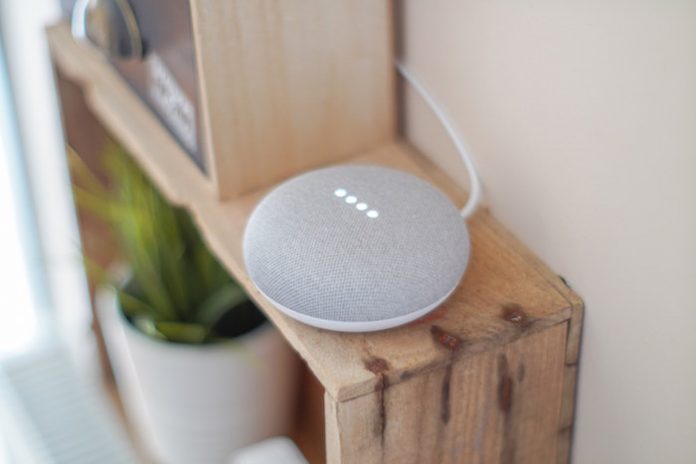The internet of things is a tool that revolutionized the business world, from the ways companies interact with people to the property floor. For many businesses, the tool represents the intersection of physical and digital, which is enormously useful to get concrete results. IoT is defined as a network of physical objects that are able to communicate, sense, or interact with their internal or external environment. It is obvious that the technology enables a broad range of possibilities across different industries.
About IoT
The internet of things gives regular devices in society the ability to communicate with each other using the internet. Here the tool enables collaborative robots to work alongside humans. Data collected by IoT enables devices to be analyzed in order to make improvements or construct digital replicas of real-world spaces for more insights.
For example, Honeywell is one well-known business that concluded that the industrial internet of things has the capacity to improve performance, availability, reliability, safety and security. All it is required to do is connect people with processes and assets.
However, many businesses have experienced the IoT revolution—even the way we interact with companies has been transformed. The internet of things is shifting the responsibility of companies to their clients. This is seen in areas such as ordering food at a restaurant or getting tickets at the cinema; thanks to IoT, there are self-service machines.
Let’s not just think of the idea of machines—let us think of the app category.
The Apps That Use IoT
The use of apps with an internet connection can do wonders. For example, some cinemas use their own apps, where people can reserve a seat at a movie showing by using the app and all the information will appear in the system. However, this is not the only setting that uses IoT in this way; even in the iGaming industry, operators and providers are looking for innovative ways to use IoT.
For example, Las Vegas casinos have access to smart mirrors, smart lighting systems, and digitized security devices. However, IoT is very limited when it comes to playing, but there is hope because developers are continuing to test AR and VR devices on gaming. In addition, it is hard for an online casino to add the VR and AR concepts (at least for now). In the hospitality industry, casino resorts, hotel resorts, and others are starting to use IoT, where the hotel’s system can send information and receive information via a 24-hour digital service that is available right on your phone. One such hotel that uses IoT in this manner is Hard Rock Hotel & Casino Punta Cana.
Regarding the example above, it is also worth considering that IoT can play a role in the telecommunications industry. Here, devices can have easier connectivity with the likes of NB-IoT and LTE-M (all of these wide-area technologies are specifically designed for IoT devices). The coming of 5G will enable more speed for IoT smart devices, which will generate more data.
IoT in the 5G Arena
The telecommunications industry (in collaboration with Ericsson) had produced a white paper on the subject of 5G, detailing the benefits of IoT. The industry’s body, GSMA, has mentioned that today, mobile IoT delivers connectivity on a massive scale and will continue to do so in the 5G era, by enabling key IoT apps such as smart metering to reduce energy consumption, smart logistics to enhance distribution efficiency, and smart environmental monitoring that will help the cities’ pollution.
In addition, at the endpoints of 2020, there will be smart electricity metering for both residential and commercial spaces with the boost of IoT among utilities. Peter Middleton, senior research director from Gartner, also added that physical security will drive the volume of IoT and by the end of 2020, it will be the largest endpoint of IoT use. In the future, IDC forecasts that IoT devices will generate up to 79.4 zettabytes of data in 2025, from 41.5 billion IoT devices.
Last Words
Besides, group vice president at IDC Carrie MacGillivray said in a press release that as the market continues to mature, IoT will become the fabric of enabling the exchange of information from things, people, and processes. Data is the common trait of IoT because data can be captured, processed, and used for any edges of the network, which can create value for industries, governments and individual lives. Understanding the data created from the many connected devices will allow organizations to build solutions. In the end, IoT-enabled smart devices will become more and more present in our lives, whether it’s our smart speakers in our homes or the many IoT-impacted products we get.
Find a Home-Based Business to Start-Up >>> Hundreds of Business Listings.

















































